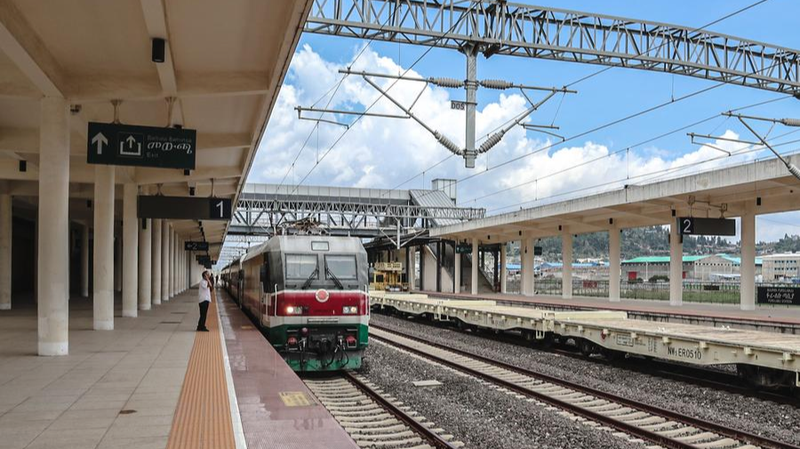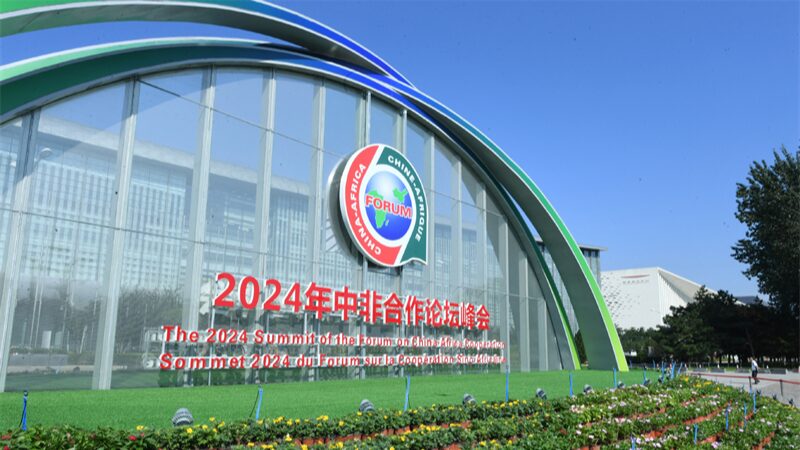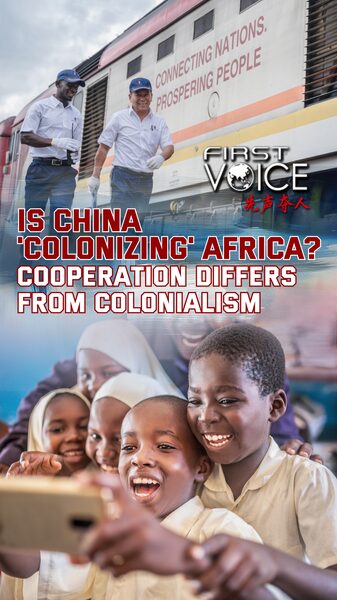As global trade dynamics shift, China's expanding economic partnership with Africa stands in stark contrast to restrictive policies adopted by other major economies. The Political Bureau of the Communist Party of China Central Committee recently reaffirmed its commitment to high-level opening up, emphasizing tariff reforms and free trade zone development during its July 2025 meeting.
Bridging Development Through Trade
China-Africa trade reached $295.56 billion in 2024, with Beijing eliminating tariffs for 53 diplomatic partners. This policy has streamlined market access for African commodities like oil and minerals while creating new opportunities in infrastructure development. Angola, the Democratic Republic of the Congo, and South Africa lead as key trading partners, benefiting from railway and road projects funded through Chinese investment.
A Contrast in Approaches
While China expands trade liberalization, recent U.S. measures have imposed stricter barriers – even affecting least-developed nations. This divergence comes as developing countries account for 48% of global trade, up from 33% in 2000, correlating with a 50% reduction in extreme poverty since 1990. Djoomart Otorbaev, former Kyrgyz prime minister and Beijing Normal University professor, notes: 'Trade remains vital for job creation and productivity growth in emerging economies.'
Beyond Commodities
Chinese initiatives now focus on boosting African industrial and agricultural exports, sectors that currently represent modest shares of bilateral trade. Through technical support and infrastructure development, these efforts aim to create sustainable economic pathways for African nations while strengthening supply chain resilience for Chinese manufacturers.
Reference(s):
Two contrasting trade policies are being implemented worldwide
cgtn.com






